Education, Interviews, Updates
Portland Toy Company Interview – PDX Scene Magazine
Sex toys…the words are often tossed about with a giggle, a smirk, or a whisper. Many people buy them, use them, wonder about them. Squishy phalluses made national headlines two years ago when they began appearing on Portland’s telephone poles, a prank that delighted or horrified onlookers, depending on who you asked. Batteries aside, phallic and non phallic objects created intending to plug or pleasure have existed for eons—the oldest studied dildo dates back to 28,000 years. The shame around penetration may be a relatively newer development.
For Chelsea Herbert and Rosie Jones of Portland Toy Company, varied reactions to their phalluses and buttplugs are just a part of the job. The two queer creators of body safe sex toys started making glittery, body-informed, ethically produced toys last year, and joined PDXScene to explain how to buy better toys online, how to care for your toys, and why a silicone penis isn’t something you should hide from your kids.
How did you meet?
Rosie: “We met at a queer Oktoberfest party, both of our former partners brought us and we didn’t know anybody else. Across the room we saw each other, and it was like an instant connection. We had both recently relocated to Portland from other sides of the country, and were both feeling isolated. We both went to PSU, we bonded over a joint…that was six years ago and our lives have overlapped ever since, but only last year did we decide to begin PTC.”
A self described “queer-maker-nerd”, Rosie has always had an interest in production. “When I started work at SheBop sex toy shop, that’s where my interest went: how are things made?”
Why did you start PTC?
Rosie PTC: “A lot of sex toys are made in a room with dangerous materials, there’s not a lot of regulation around what sex toys can be made out of, and not a lot of research about FDA safe materials. Currently, it depends on the people who make them to use proper materials, and on the buyers for the stores who select the materials.”
And buyers tend to protect their bottom line, which is their budget.
Rosie PTC: “A lot of things are mislabeled. I see toys that are labeled as 100% silicone when the toy is actually a blend of many things.” It was frustrating to see that the things that tend to be less expensive are often the mislabeled, cheap toys, that are dangerous. Phthalates are softening agents used in many cheaper toys, they give a toy that *squish* that so many of us enjoy, and they can leak into the body, they are toxic.” I hated that it could cost up to $100 or more to get a body-safe toy.”
What happens when your toy isn’t body safe? A few things can happen: jagged edges on the base of a buttplug can, say, scrape your anus, or a cheap rubber phallus can soak up bacteria and spread it to your insides, encouraging infections, or making it easier to spread STIs.

Image courtesy of Melinda LeBrie
Rosie PTC: “Silicone toys tend to be preferable to users for a few reasons: they are easier to clean, if it isn’t electric you can usually boil your toy, eliminating harmful bacteria or viruses. Silicone toys will last longer—they will hold their shape, color and they only “melt” and become destroyed after coming into contact with silicone lube. Use water based lube with silicone toys, always. The only thing that damages a silicone toy is silicone lube, or if toys fuse together in a box, that means they aren’t silicone.”
Chelsea PTC: “We also wanted to bring something a lot more fun to the table. The toys are glittery because that’s the people we are. A plain colored dildo is fine, but color choices can be limited, it’s hard to find things that aren’t pink purple or black.”
Rosie PTC: “Fantasy sex toys like Bad Dragon are fun and can be really specific, like tentacles or horns, but we wanted functional, straightforward shapes that are meant to work with bodies.”
Can you tell me why it’s a risky move to purchase a sex toy from a big online seller like Amazon? Or even worse, Wish.com?

Image courtesy of Melinda LeBrie
Rosie PTC: “On the most basic level, anybody who is suspicious of capitalism should want to know how their item was made and the conditions of the worker who made it. And when we’re talking sex toys, it’s extra important to know what it’s made of—and Amazon doesn’t verify the origins of it’s third party sellers. If you aren’t able to visit a local sex toy shop, there are some good online retailers such as Spectrum Boutique and Wildflower Sex. These companies carefully curate their products. However, avoiding retailers like Amazon or Wish is a good idea.”
Chelsea PTC: “If you want to support to individuals, not corporations. Definitely buying from smaller companies and ones that are already part of the company.”
In a bad online-buying scenario you get a knockoff item that isn’t made well, can scratch your insides or encourage infections, and the conditions of the worker who made the item are murky. Or, perhaps even worse, you receive someone else’s returned item that was sent back to the warehouse and sold to a discount website instead of going where it belongs, in the trash. Your best bet is to buy direct, and in-person if possible.
Are there any other concerns about the safety of items that people use for play/sex?

Image courtesy of Melinda LeBrie
Rosie PTC: “If a toy smells strongly of chemicals, thats a big red flag. And I wish I could take out a huge billboard over I-5 that teaches people to not insert things into their butts that don’t have a flared base. That would save a lot of hospital room visits. (A vagina tends to stop items from moving upward at the cervix, but a rectum can has no barrier that prevents objects from becoming sucked inside.)
There are body safe materials, ABS plastic is a non porous plastic that is pretty cheap, and luckily there are plenty of simple, hard vibrators that can cost between 10-$15. It’s not soft and squishy like silicone, but some people prefer that and it can be a great vibrator. I think there’s a misconception about affordability and quality sometimes; you don’t always need to spend a lot to get a fun toy you can use safely.”
Is it safe to use glitter in your items?

Image courtesy of Melinda LeBrie
Rosie PTC: “Yes, the glitter…the risks associated with the use of glitter is associated with the size of the glitter. Larger, chunkier glitters are the ones that will tear their way through the silicone. We started PTC using cosmetic grade, ultra fine glitter, which is 200 microns or smaller, which had no risk of tearing out of the suspension. Our toys have always been body safe. However, there are some in the industry that believe glitter toys are not safe for internal use, so we decided to experiment with alternative shimmery options like the mica pigments we currently use.
This can be tricky to source the materials we need, mica pigments are already used in makeup but aren’t laboratory-created for dildos or buttplugs, so we’ve adapted and crafted and experimented. There’s nothing out there that’s designed with body safety in mind. We have had to find the most adjacent materials and make it work. We would love it if a body-safe pigment warehouse came into existence!”
Can you offer any tips for how to care for you toy, in general? Anything people might not know? For example with electric toys, take the batteries out when it’s not On—because the low charge inside can corrode the toy and kill your batteries and the motor!
Chelsea PTC: “Wash your sex toys with soap and water as soon as you can, the day you use it is best. The longer time something sits with bacteria or viruses, the more growth can occur. Unscented dish soap is fine, and I also recommend a clean toothbrush to get through crevices, if your toy has them. Keep water away from any battery compartments, of course. Don’t dry it on a towel. Let your toy air-dry to prevent fibers from collecting.”

Image courtesy of Melinda LeBrie
Can people use a dishwasher?
Chelsea PTC: “If it’s a silicone toy without a motor/electricity, you can boil it. There’s a few exceptions: some companies make toys with clear silicone that will turn yellow instead of clear. But that isn’t a big deal to some people. If you put a non-motorized toy in the dishwasher, insert them on the top rack with just hot water, no detergent is best. After your toy(s) air-dry, store them properly in a cool, dry place—tupperware is a great to keep away dust. And wrapping your toy in fabric or cloth can actually erode the toy!”
Do you think advertising and marketing language is impactful to people’s sexuality or identity? Like, why do people think all dildos are going in women’s vaginas?

Image courtesy of Melinda LeBrie
Chelsea PTC: “A lot of the sex toy industry is heavily gendered, and gendered in a cis normative way: the boxes indicate that the toy is for cis men and cis women having sex with each other and generally a penis is going into a vagina. It excludes a lot of people and reinforces a cultural idea of “what real sex is”—and there’s so much more and in an ideal world, sex toys can enhance our lives and help create the sex lives we want.”
Rosie PTC: “Even the packaging and names of the toys can be so hetero-normative. However, now we are seeing a big push for “gender neutral marketing”. I’m into gender-neutral marketing, as someone who identifies as they/them. But it feels like pandering when coming from some of these bigger companies, I wonder who’s making money off of it. I wonder, is it progress because there’s some kind of visibility around fighting gender roles?”
Rosie PTC: “Our queer identities are important to who we are, at the end of the day you can put this silicone object in your body wherever you want.”
Chelsea PTC: “I want to degender everything, all the time. At the end of the day, a dildo is a hunk of silicone and as long as it’s got a flared base it’s safe to go anywhere. Dildos don’t discriminate.”
How does your sexuality or orientation come into play with your creations? For example: do you have other queer people in mind when you design your items? Who is your audience?
Rosie PTC: “I think the most vocal supporters, who have been interested are other queer femmes.”
Chelsea PTC: “I love when I’m packing this up for another queer femme, I think we’ve gotten a lot of support from other queer femmes, and our voices aren’t always out in this world.”
Rosie PTC: “I think there’s a big community that cares about where they buy things in general. I think a big part of why I ended up working in the sex industry is because I wanted to be an unabashed queer pervert. I wanna live my dream and go down the right path.”
And PTC is currently looking for a bigger workspace.

Image courtesy of Melinda LeBrie
Rosie PTC: “When you make sex toys, it can be tricky working in shared space environments. People start out acting cool, like the presence of the toys doesn’t bother or excite them, and then the conversation shifts or just dies away.”
Chelsea PTC: “Recently at a maker’s market, that was family friendly, we were put in a conference room at the end of the hallway. The event organizer literally put me in the closet, even though I paid to be there.”
Rosie PTC: “I think there are people who are genuinely supportive, but worry about having kids see those things. I almost would prefer people just say no to us, rather than accept a tabler’s fee and then shove us in a closet away from the eyes of people we might offend.”
I have a little PTC glittery buttplug on my bathroom shelf, and I’m a parent who decorates the home with dildos—I’ve explained to my seven year old that penises and vulvas and breasts exist on all people on the planet, they are cool and functional and diverse. My kid was like, “Okay, Mommy.” Shame only becomes a factor after it’s been introduced.
Rosie PTC: “We understand what kind of barriers we are up against and how the world currently operates. All it is, is a pretty silicone object, it’s not gonna hurt a kid. If we perhaps faced that reality from an early age, we wouldn’t be terrified to walk into a sex shop, or ashamed to use a vibrator. Even at sex positive shows, or at a comedy show recently the audience was still a bit nervous to approach us. The line for the bathroom got backed up near our table and people had to interact with us.” Laughs Rosie, “if adults aren’t prepared to walk into a space with silicone toys, they get really thrown off.”
In April 2018, the government passed two bills called FOSTA and SESTA that were allegedly to fight trafficking, but have actually had dire impacts on the safety of sex workers, and the online visibility and resources of sex educators or pleasure purveyors: Has FOSTA/SESTA impacted your ability to advertise or sell? Do pics of buttplugs and dildos get reported? Banned?
Rosie PTC: “Yes and no. We weren’t able to advertise on IG or Facebook when PTC began, because the bills had already passed, and social media outlets had been censoring sex education or sex toys already.”
Chelsea PTC: “Regarding social media presence, our hashtags won’t come up. We want to be careful to not get banned, but it’s also difficult to know what the rules are. Our mode of advertisement is pretty much online. We are a small, new business and we don’t’ have a huge marketing budget. Social media is what we can use, and I’m definitely paranoid of being impacted by censorship. Instagram and Twitter is where most of our advertising comes from, currently. It’s hard when there are online trolls, or self-appointed anti-porn or anti-LGBTQ watchdogs who make it their goal in mind to suppress or silence, or shut down sex toy or touch providers.”
Chelsea PTC: “We don’t get reported for anything yet—I attribute that to our followers being people in our community. I feel like right now we are flying under the radar.”
What would you like to see for the future of sexuality in your community?

Image courtesy of Melinda LeBrie
Chelsea PTC: “Sex and sex toys are still so taboo—when I talk about what I do with people, they are still so shocked, titillated. I hear ‘what a sexy job’. A lot of what society tells us is that we shouldn’t talk about sex, even though that’s the only way to learn. Safer sex is for everyone, and we all grow from discussing it.”
Rosie PTC: “I would really love a future where we are more free from shame. Instead of fearing sexuality, and it’s this big unknown. WHAT IF from a young age we were given healthy inclusive information that we could grow from? I wish people were given access to education. I wish that people were told that their bodies are normal, that their desires are normal. Or even if their desires aren’t necessarily normal, *laughs* that it’s all good as long as it’s between two consenting adults.”
Chelsea PTC: “I hope in the future people are less freaked out, and more curious.”
Portland Toy Company is unveiling their website soon, meanwhile find them on Etsy.com/shop/PortlandToyCompany, and on IG & Twitter: @PortlandToyCo





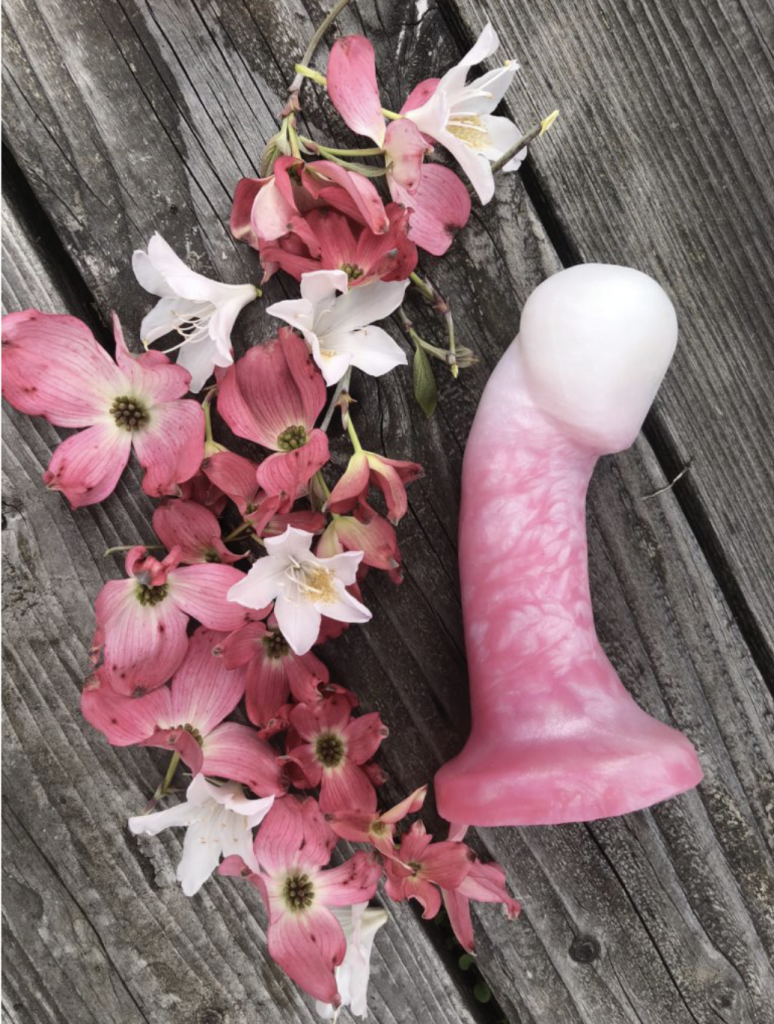


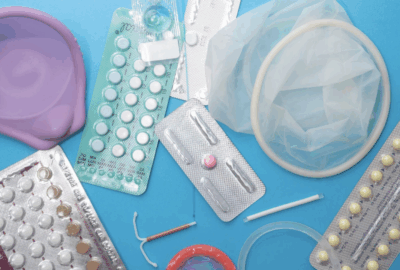
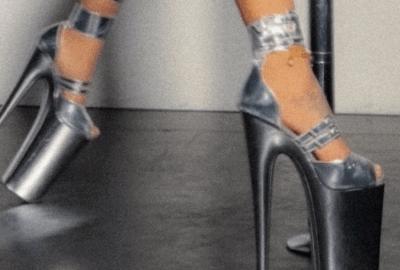


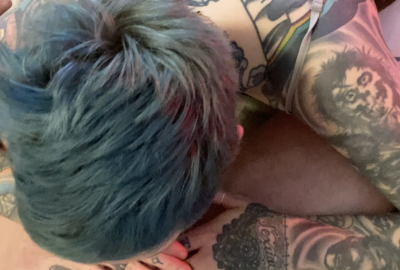
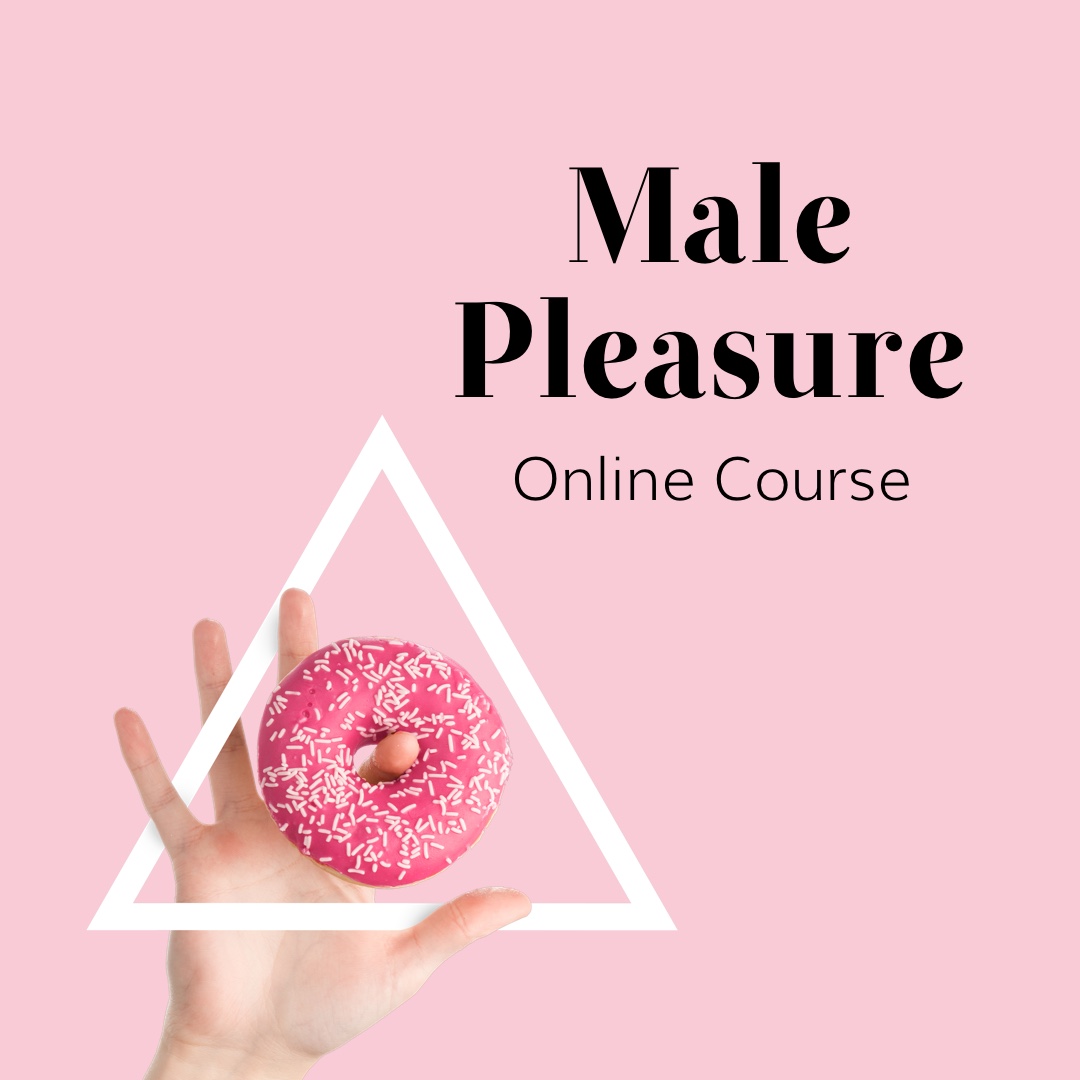
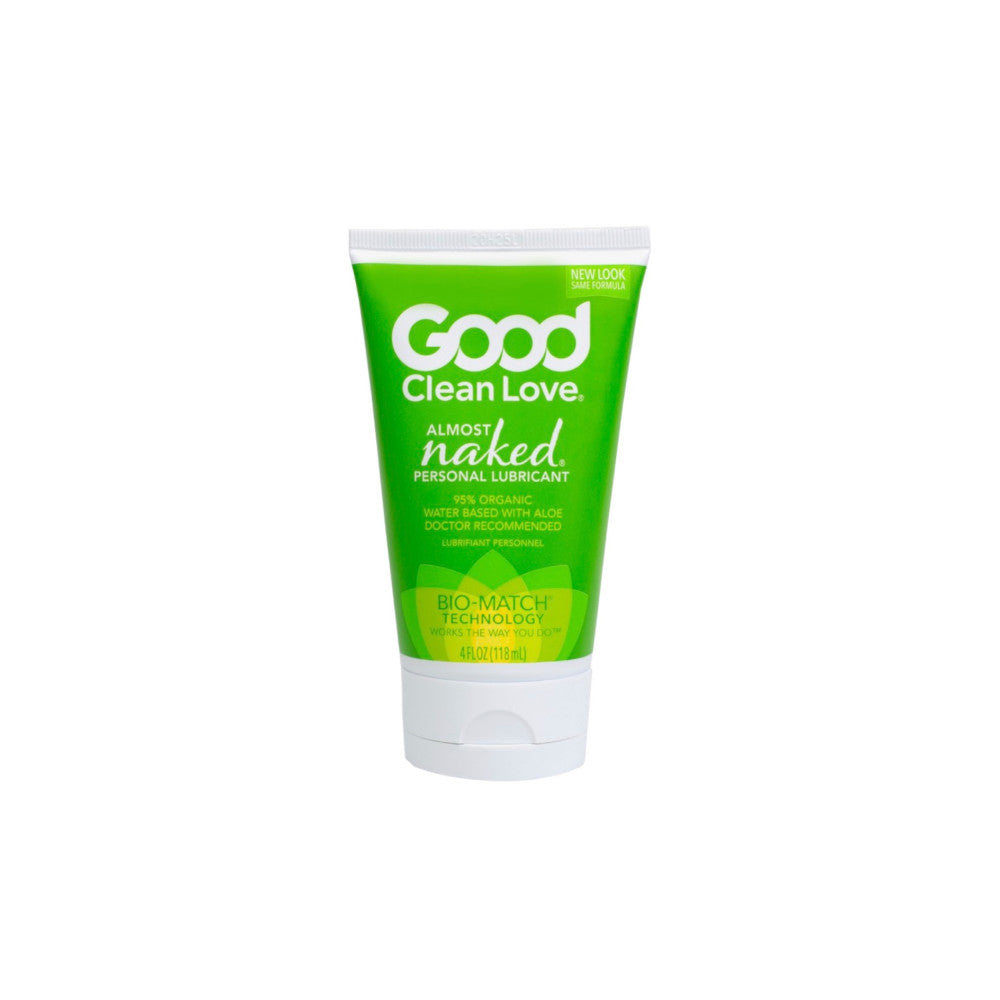
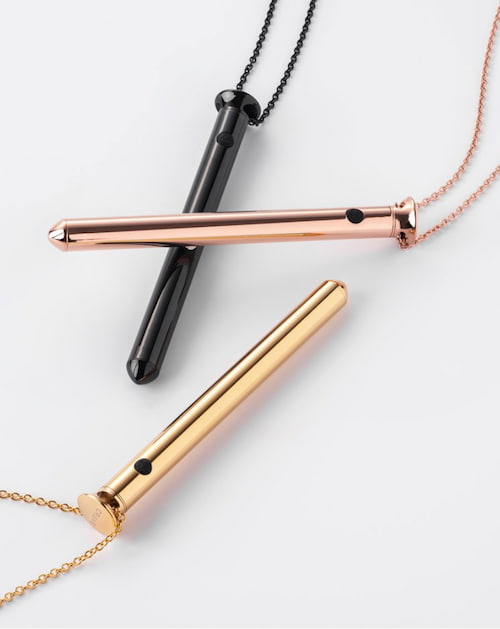
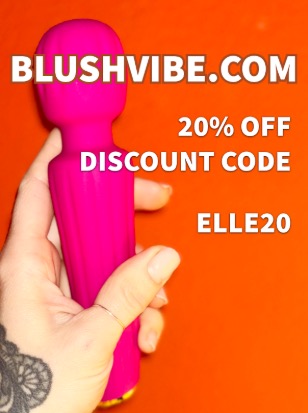


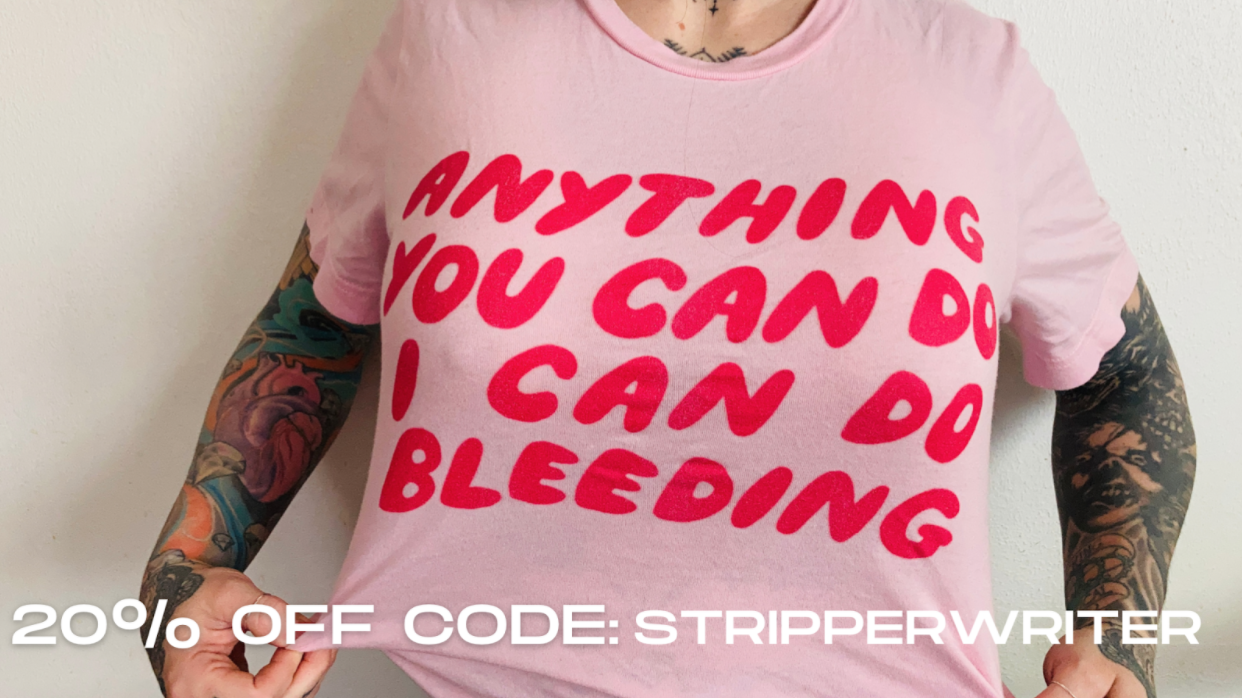



Leave a reply